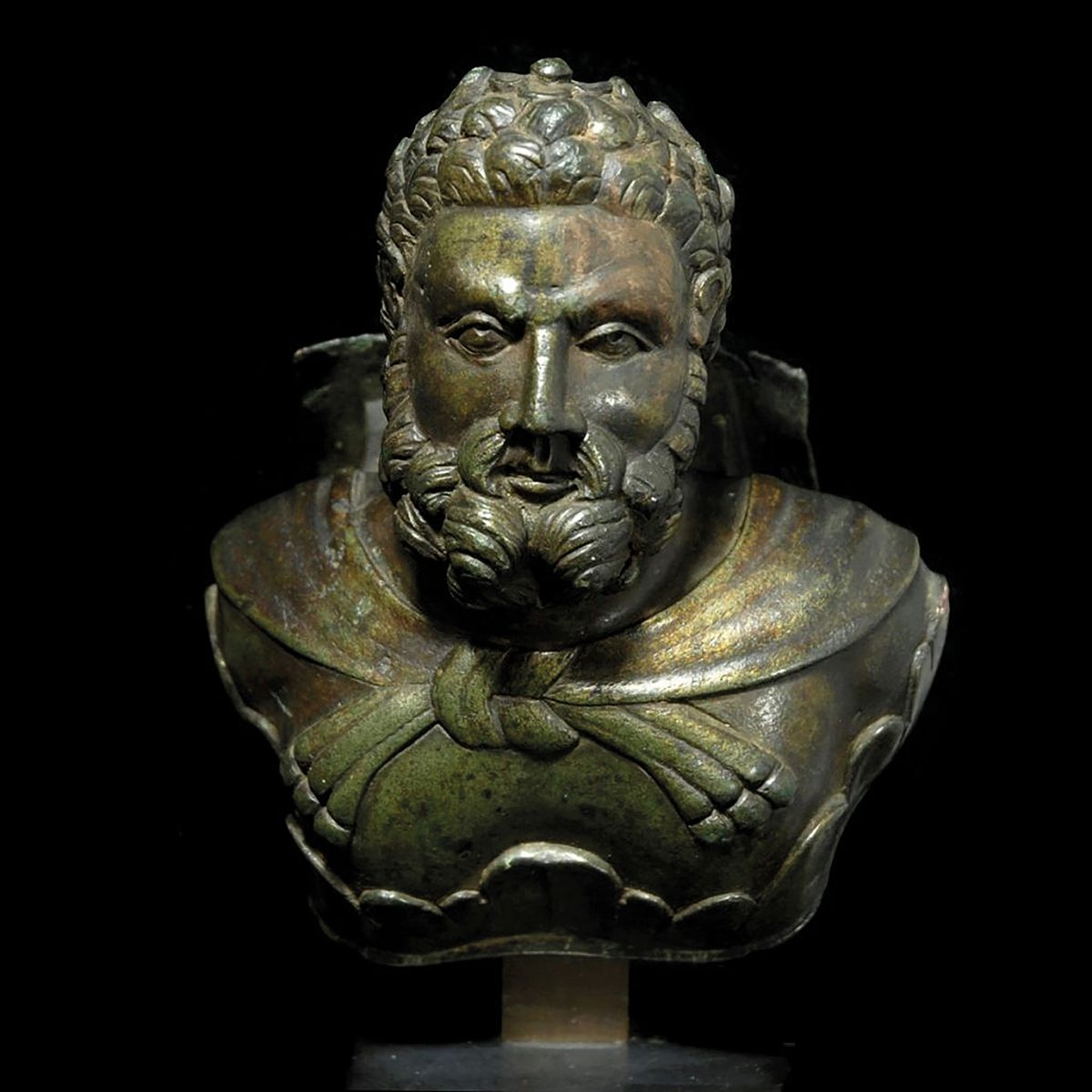Christoph Bacher, a Viennese antiquities dealer, says he was dismayed when German customs authorities seized a Roman bronze bust of Hercules that he had purchased from a US dealer last year. He got it back only after taking legal action.
The bust was seized in Cologne in transit from the US to Austria, on the grounds that it did not have an export licence from the country of origin, a requirement for all archaeological treasures imported to Germany since the country’s Cultural Assets Protection Act came into force in 2016. But Bacher points out that the bust was not imported into Germany—it was merely in transit and therefore subject only to Austrian and EU import laws.
“This was absurd,” says Bacher, who bought the 14cm x 12cm bust from the Colorado-based Artemis Gallery auction house in October. “If you change planes in a third country airport, you don’t legally enter the country,” he says. “The same applies to goods.” He points out that with Roman artefacts, it is not generally possible to identify the contemporary country of origin because the Roman empire stretched over dozens of modern-day states, so export licences are virtually impossible to acquire. The bust had previously been sold at Christie’s in 2011, he says.
Bacher says he had a German lawyer, Markus Menzendorff, file a cease-and-desist order demanding the immediate release of the bust after the dealer was warned by the North Rhine-Westphalia Ministry of Culture that he might have to wait months to get it back—or even not get it back at all.
“Germany simply had no authority over this,” Menzendorff says. “The Austrian authorities had sole responsibility for the import.”
According to the Handelsblatt newspaper, the North Rhine-Westphalia Ministry for Culture said the state’s customs authorities had detained 46 objects that were in transit under the Cultural Assets Protection Law by the end of October 2020, 40 of them destined for other EU countries.


